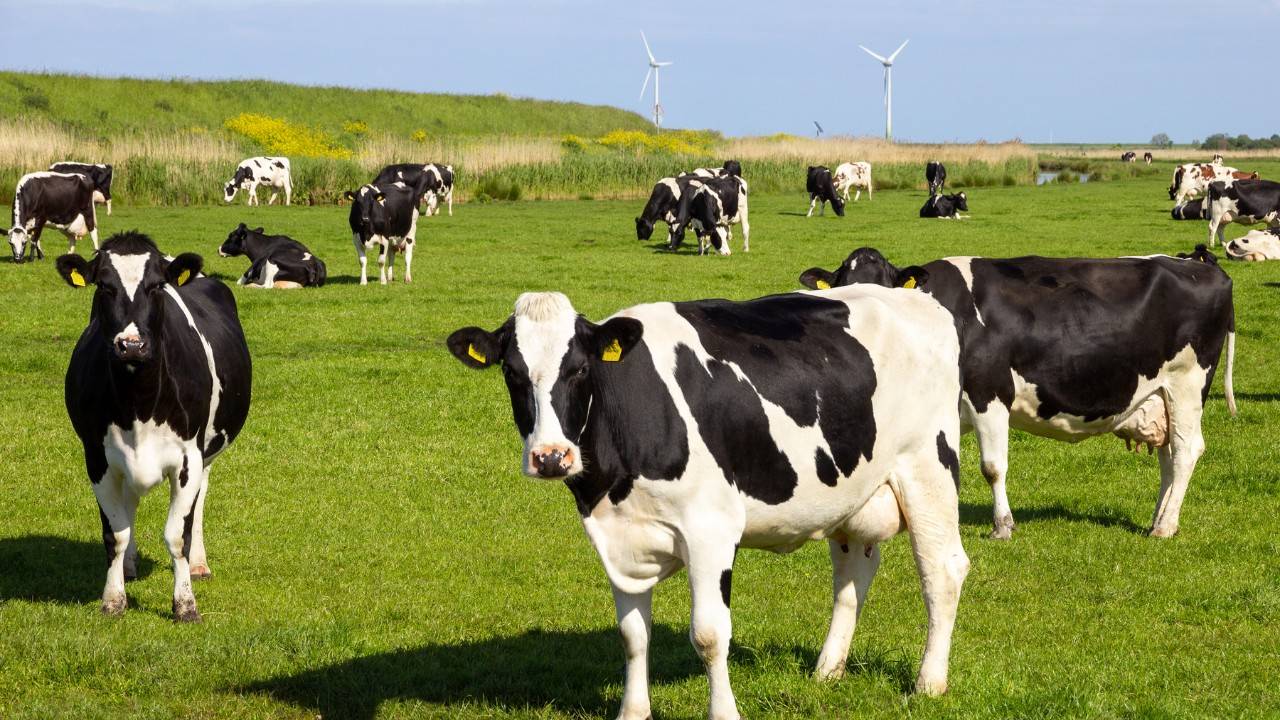In a major environmental initiative, Canada has announced a new set of economic incentives aimed at reducing methane emissions from beef cattle farms. This move, detailed in a statement from the Canadian government, introduces the Reducing Enteric Methane Emissions from Beef Cattle (REME) protocol. The protocol is designed to motivate farmers to adopt practices that reduce enteric methane emissions, a significant greenhouse gas contributor.
Enteric methane, produced during cows’ digestive processes and released primarily through burping, is a notable factor in greenhouse gas emissions. The REME protocol offers a unique opportunity for farmers to earn offset credits for reducing these emissions. These credits, each representing one ton of emission reductions, can be sold, providing a financial incentive for environmental responsibility.
The protocol aims to encourage cattle farms to engage in various strategies, including improving animal diets and management practices. These changes are expected to enhance animal growth efficiency while reducing methane emissions. The implementation of such measures will not only decrease the greenhouse gases emitted per unit mass of beef produced but may also lead to reduced methane and nitrous oxide emissions from manure.
In addition to these agricultural initiatives, some Canadian farmers are exploring innovative breeding techniques to produce ‘climate-friendly cows’ that emit less methane. This approach aligns with Canada’s broader environmental goals.
This announcement comes closely on the heels of another significant Canadian environmental policy. On Thursday, Canada unveiled a comprehensive plan targeting oil and gas companies. The plan includes a cap-and-trade system and aims to cut emissions up to 38% from 2019 levels by 2030. However, this proposal has faced immediate opposition from industry groups and some fossil fuel-producing provinces.
Canada’s concerted efforts in addressing methane emissions from both agriculture and the oil and gas sector underscore the country’s commitment to tackling climate change. By introducing financial incentives for sustainable practices in cattle farming, Canada is taking a pragmatic approach to reducing its environmental footprint, setting an example for other nations in the global effort to combat climate change.
More inspiring green news similar to this:

